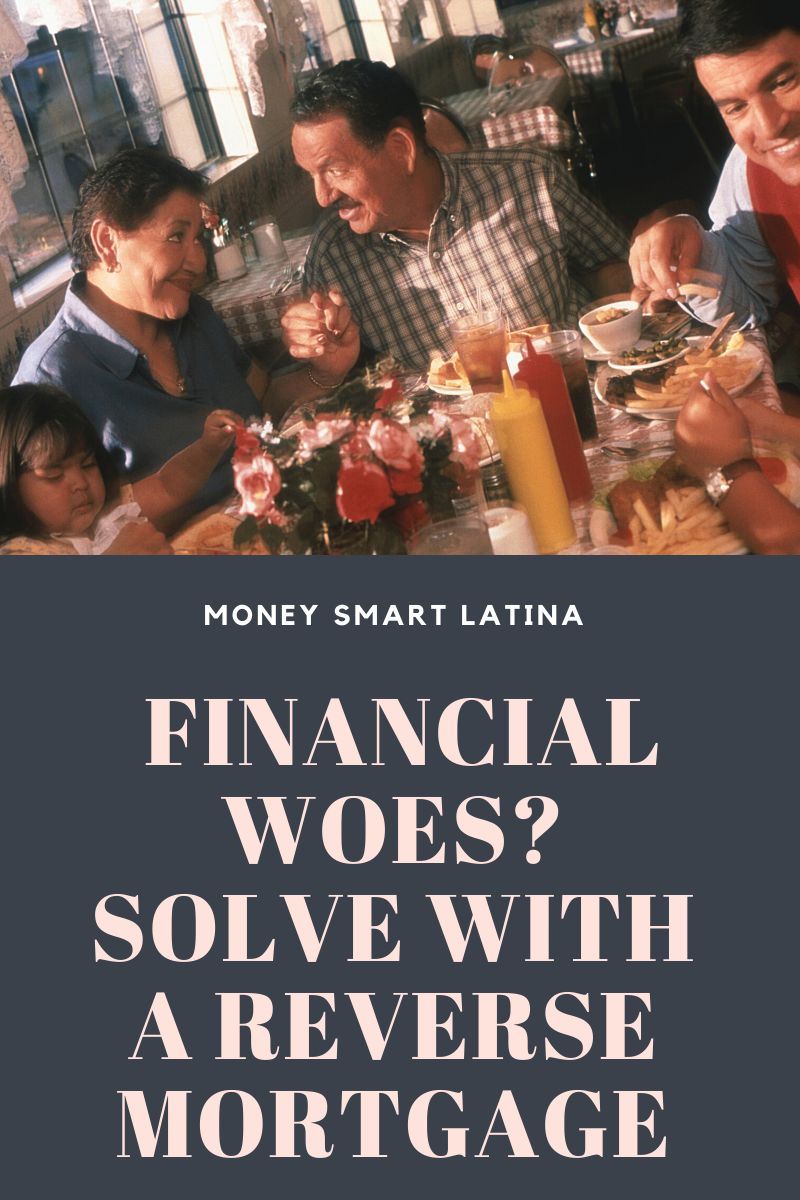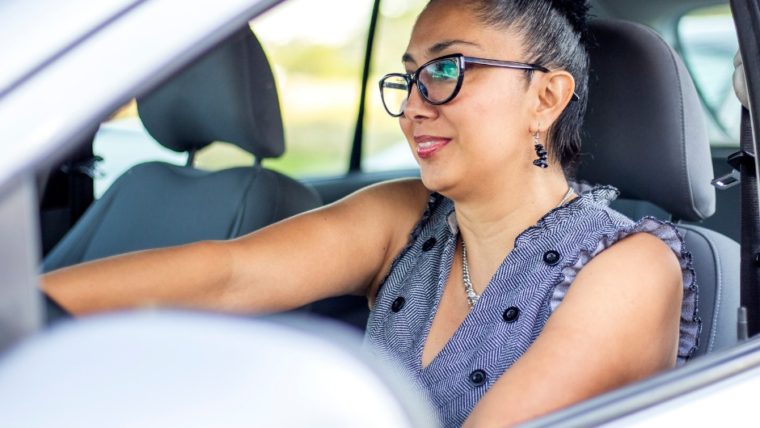If you are over the age of 62, you may need more of a secure financial status than what you have right now. Life after retirement is supposed to be a dream for many, but it can turn into a nightmare quickly as financial distress can take over. You no longer have your salary and retirement just isn’t enough. So, if you are looking for a financial solution, why not consider a reverse home loan? Here are some helpful pointers I have for you that can steer you in the right direction.

Government Aid or Private Lender
A reverse mortgage can be taken out in one of two ways: through a government agency or a private lender. A private lender would be a bank. If you decide to go with the government option, this would be considered a HECM loan, or home equity conversion mortgage and it would be insured by the state. No matter which one you choose, it follows federal laws, so make sure you talk to your lender if you have questions about the terms and conditions.
What Are The Qualifications?
As you may already know, in order to qualify for a reverse mortgage, you need to be 62 years of age or older. You must also permanently reside in the home you want to borrow against and you have to own it. The company you are applying through will determine the value of your home. Unfortunately, federal law prohibits you from taking out the full equity of your home. However, there will be a thorough background check conducted. This will show what percentage of your home’s value you can use the reverse mortgage to borrow against.
The background check will show if you are paying your property taxes, have the proper insurance coverage, and if you have the means to maintain the costs of running your home consistently.
What If I Live In the Home?
Perfect! Living in the home permanently, as well as being the owner of said property, is one of the primary conditions for the approval of the reverse mortgage. If you own a piece of land with multiple properties on it, you must live in one of them. Additionally, the value of the said property has to be high enough to cover the balance you will have at the end of the loan if the home should be sold to cover expenses.
How do I Pay Back The Loan?
One of the most worrisome things that come with a loan is the repayment. If you were to take out a regular home loan, you would need to pay it back each month from the time the loan started until the loan is paid off. With a reverse mortgage, you have a little more freedom since you don’t have to pay it back until the loan period has ended. The loan will end automatically once you move out of the home the loan is against.

